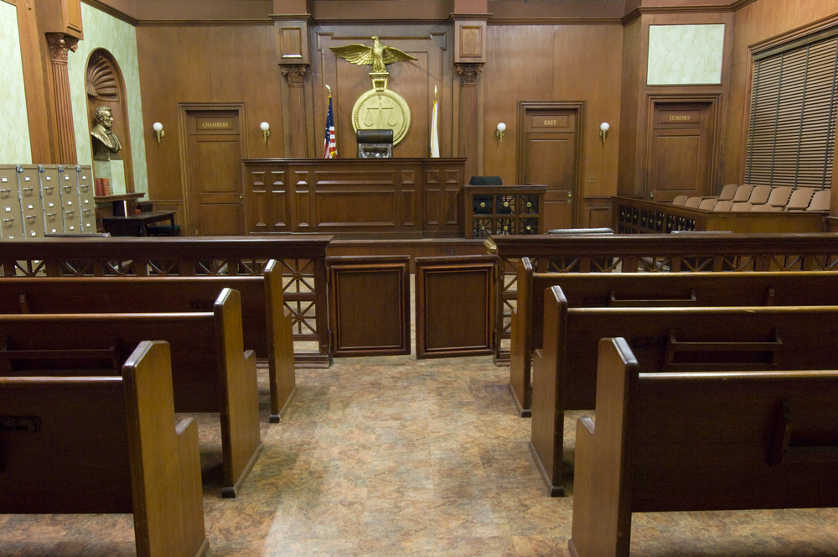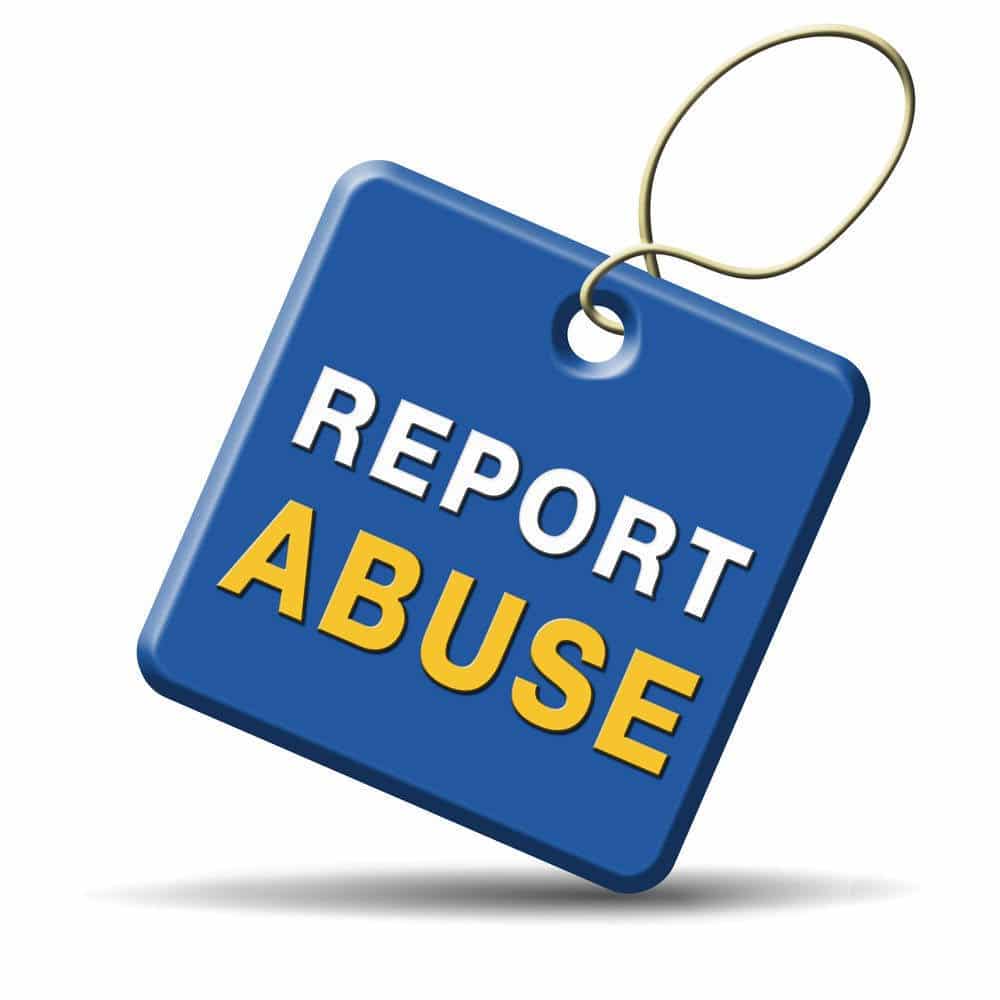Standard of Care to Report Child Abuse in Arizona | Hildebrand Law, PC

Table of Contents
In Arizona, therapists, physicians, and other healthcare personnel are required to report child abuse. So, we want to address the standard of care to report child abuse in Arizona. The Arizona Court of Appeals considered this issue.
Facts and Procedure
Father and Mother were married in Idaho in 1997 and had one child (Child.). Mother suspected Father was sexually abusing their daughter. A doctor examined the child who found no evidence of sexual abuse.
Father, Mother and the child moved from Idaho to Arizona. In 2003, A.S. took the child to Cornerstone Family Counseling to see a counselor. Mother told the counselor she believed the child had been sexually molested by Father. During the child’s third session, the child told the counselor “her daddy touched her.” That day, the counselor reported to Child Protective Services (CPS) that she believed Father had sexually abused the child.
Based on the counselor’s child abuse allegations a Yavapai County Sheriff’s Detective initiated a criminal investigation. Interviews and a physical examination of the child took place.

A sexual assault nurse examiner performed a medical forensic evaluation of the child. During the evaluation, the child stated that her dad had touched her inappropriately. The nurse took colposcopic photos of the child. The nurse’s evaluation of the child led her to conclude that there was definitive evidence of sexual abuse. She forwarded her report to the detective.
The detective requested a second opinion from the nursing supervisor at Yavapai Regional Medical Center. The detective reviewed the colposcopic photos and concluded that the child had more than likely suffered from a long history of sexual abuse.
The detective testified before a grand jury regarding the nurse’s conclusions. After hearing his testimony, the grand jury indicted Father on multiple criminal charges. However, the State later voluntarily dismissed the case without prejudice.
It was argued that the State’s decision to dismiss the charges because of a subsequent evaluation of the child performed by Dr. C. Dr. C. examined the child in 2004. She found no signs of injury but said this did not preclude the possibility of sexual abuse.
After the charges were dismissed, Father filed a civil action against Mother, the nurses, and the agency where the evaluations took place. He alleged: (1) negligence and/or gross negligence; (2) malicious prosecution; (3) abuse of process; (4) false light invasion of privacy; (5) wrongful intrusion upon private affairs; (6) false arrest and imprisonment; (7) intentional infliction of emotional distress; (8) aiding and abetting tortious conduct; (9) defamation and defamation per se; and (10) loss of consortium. Each defendant moved for summary judgment.
The trial court granted the motion for summary judgment. Father appealed.
Reporting Requirement

The majority of Father’s arguments focus on Arizona’s mandatory reporting statute. The reporting statute applies to health care providers and behavioral health professionals. If one of these providers reasonably believes that a child has suffered injury, abuse or neglect, she must report it.
Under certain circumstances, the law provides immunity from civil and criminal liability for those who report abuse. That is anyone who furnishes a report under this section cannot be prosecuted civilly or criminally unless they acted with malice.
Father asserts that Mother and the nurses did not “reasonably believe” abuse had occurred. He argued the nurses did not themselves make “reports” within the meaning of the statute. Accordingly, the “reasonably believes” requirement the law imposes on reporters is not applicable to the nurses.
However, Mother did make reports. She has qualified immunity under the statute only if she reasonably believed abuse had occurred.
“Reasonable grounds” presents a low standard. In L.A.R. v. Ludwig, 821 P.2d 291, 295 (App.1991), the court found a counselor had “reasonable grounds” to believe a child was sexually abused. This was based solely on a statement from the child’s mother. Here, Mother relied on much more than simply A.S.’s statement that she believed the child had been sexually abused. The child told Mother “that her daddy touched her” inappropriately. As a result, it is clear that Mother “reasonably believed” abuse occurred.
Acting with Malice
Father argues that a factual issue existed as to whether Mother and the nurses “acted with malice” regarding the child sexual abuse allegations. Under Arizona law, a person is entitled to immunity so long as she acted without “malice.” This immunity can only be overcome by a showing of “malice.”
A court presumes that a person reporting child abuse acts in good faith and with proper motives. Therefore, Father had the burden to prove “malice,” a wish to vex or injure him.
But Father presented no evidence that Mother or the nurses were motivated by malice. Instead, he claims that malice is an intent to do a wrongful act. He claims malice can be implied from doing a wrongful act. But the Court of Appeals disagreed. It ruled that to show malice, you have to show that an actor intended to do something that she knew to be wrong. Father failed to offer any evidence that Mother or the nurses intended to do something they knew to be wrong.

Father also argues that there was a factual issue as to whether the facility where the evaluations were done failed to follow its policies. The trial court found no evidence supporting any claim against that facility. The facility only provided the place where the examinations took place. The facility’s staff did not take part in the reporting or investigating the alleged abuse. The nurses were independent contractors, paid by the County. Mother had no affiliation with facility.
The Court of Appeals found that nothing in the record supported any of Father’s claims against the facility.
Duty to a Third-Party Alleged Abuser

Last, Father alleges that the counselor negligently destroyed his parental relationship with the child. He claims that she owed him a duty of care. Absent some duty, a defendant cannot be held liable for damages caused by her negligence.
While some jurisdictions have found that therapists owe an accused sex abuser a duty of care, Arizona never has. The Court of Appeals reviewed case law from Colorado and Wisconsin but declined to follow it.
It found that most jurisdictions hold that a counselor owes no duty of care to an alleged sexual abuser. These courts reason that it puts a therapist in an untenable position to impose a duty of care toward the patient’s possible abuser.
The foundation for any successful psychiatric treatment is developing trust by the patient. Imposing an additional duty of care upon the therapist to an abuser would alter this important therapeutic relationship.
The Court ruled that these considerations outweigh arguments for imposing a duty of care in sexual abuse cases. It held that in treating an alleged victim of abuse, a health care professional owes no duty of care to an alleged third-party abuser.
Here, she was practicing as a counselor. She had the education, training, and experience to do so. In the circumstances presented, the child’s counselor did not owe a duty to Father.
Disposition
The Court of Appeals affirmed the ruling of the trial court granting the summary judgment motions of Mother, the nurses and the facility.
If you need information about false accusations of child abuse in Arizona, you should seriously consider contacting the attorneys at Hildebrand Law, PC. Our Arizona child custody attorneys have decades of combined experience successfully representing clients in child custody cases in Arizona.
Our family law firm has earned numerous awards such as US News and World Reports Best Arizona Family Law Firm, US News and World Report Best Divorce Attorneys, “Best of the Valley” by Arizona Foothills readers, and “Best Arizona Divorce Law Firms” by North Scottsdale Magazine.
Call us today at (480)305-8300 or reach out to us through our appointment scheduling form to schedule your personalized consultation and turn your Arizona child custody case around today.
Contact Form
More Articles on Child Abuse Laws in Arizona
- CHILD ABUSE IN ARIZONA
- FALSE ALLEGATIONS OF CHILD ABUSE IN A CHILD CUSTODY CASE
- THE UNSETTLING BASICS OF CHILD ABUSE IN ARIZONA
- WHO IS REQUIRED TO REPORT CHILD ABUSE OR NEGLECT IN ARIZONA
- CHILDREN WITNESSING DOMESTIC VIOLENCE IN ARIZONA
- HOW DO I REPORT CHILD ABUSE OR NEGLECT IN ARIZONA
- ARE CHILD ABUSE REPORTS CONFIDENTIAL IN ARIZONA
- MODIFYING A SUPERVISED VISITATION ORDER IN ARIZONA
- ARIZONA CHILD ABUSE LAWS FREQUENTLY ASKED QUESTIONS
- CHILD ABUSE AND CHILD CUSTODY IN ARIZONA
As Seen on CBS News, ABC News, NBC News, and Fox News

